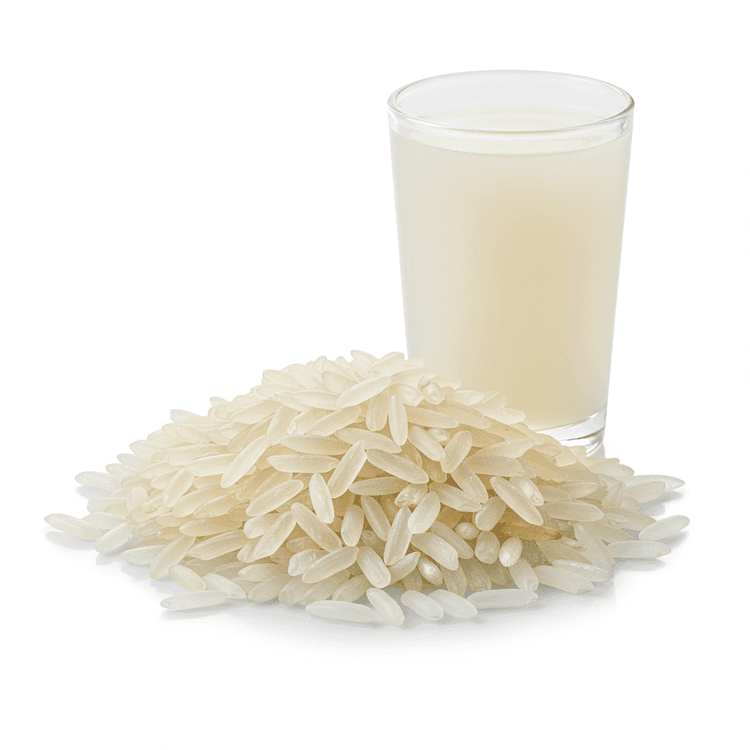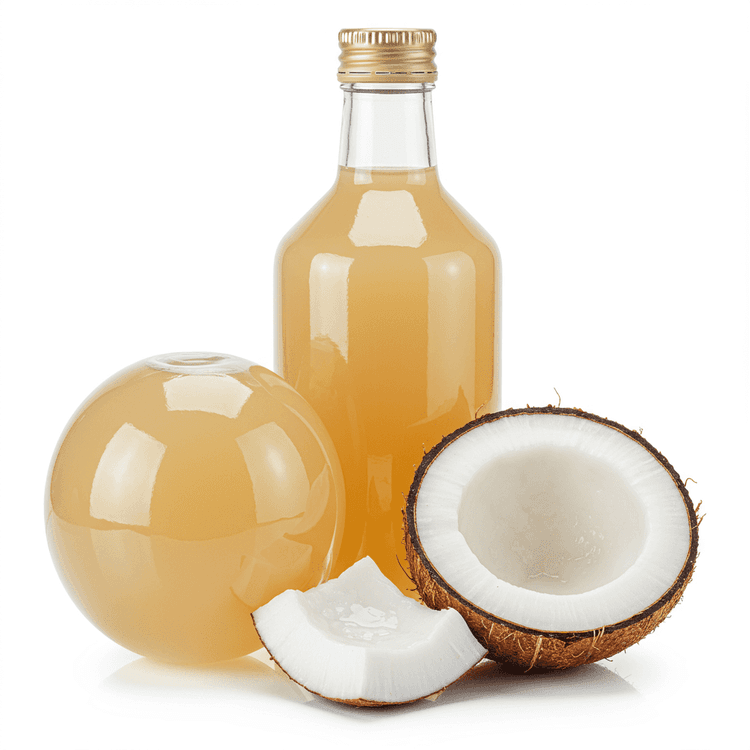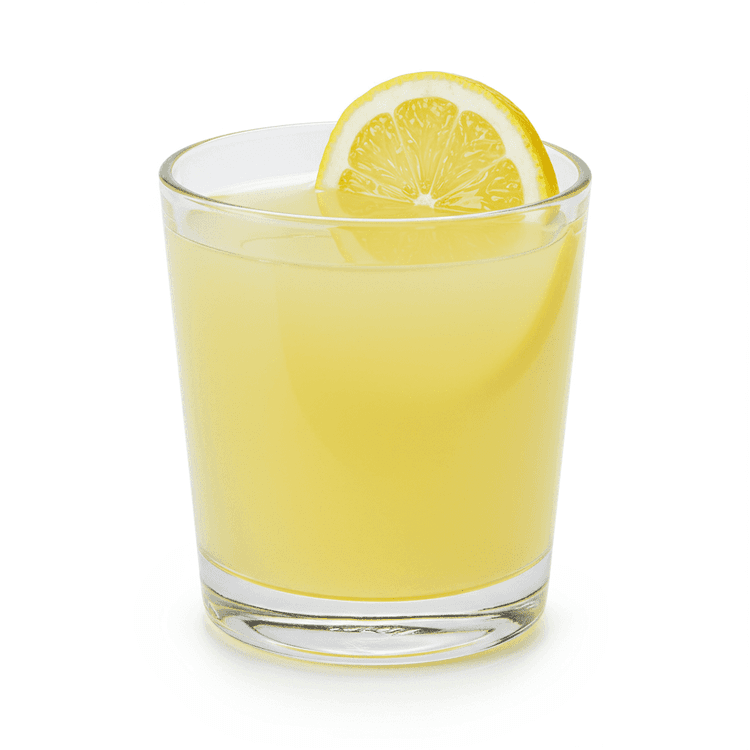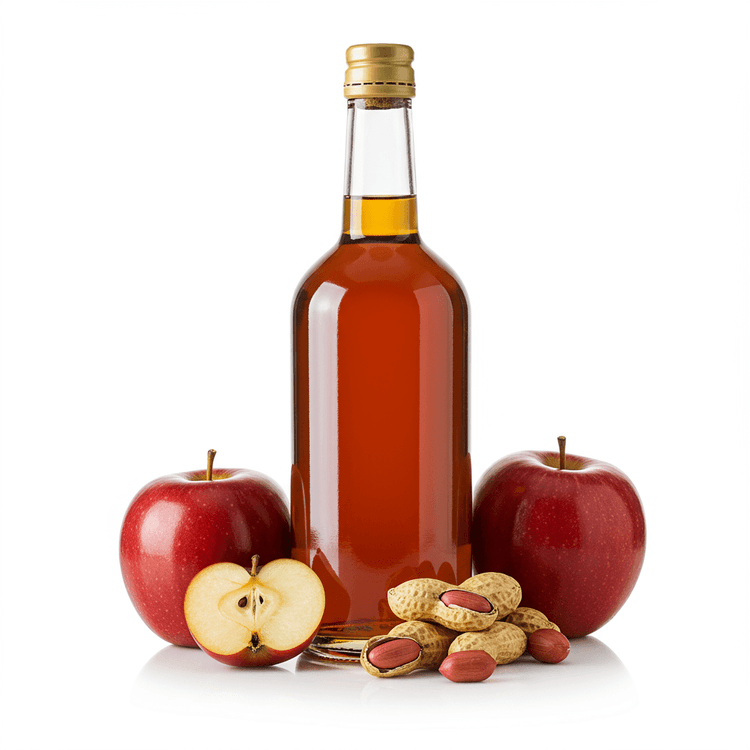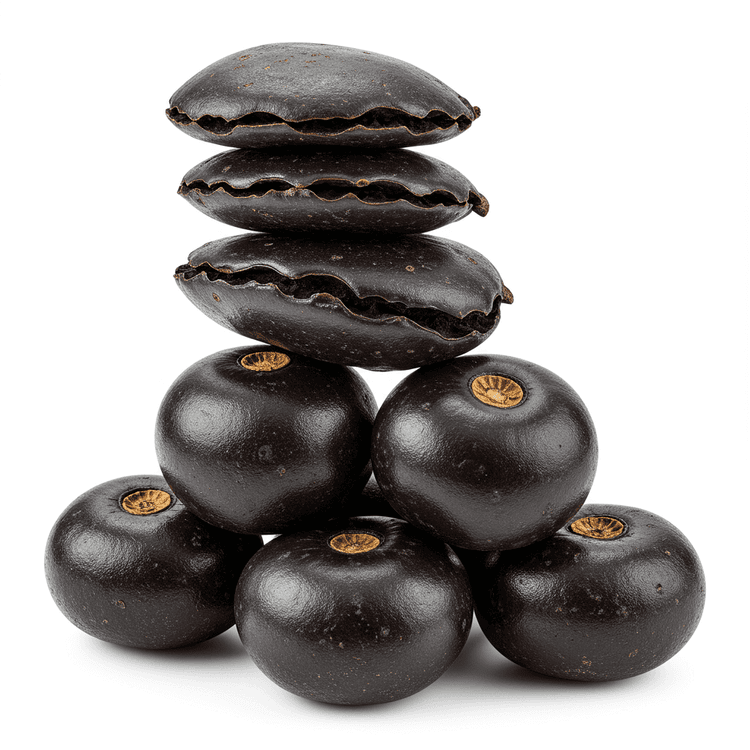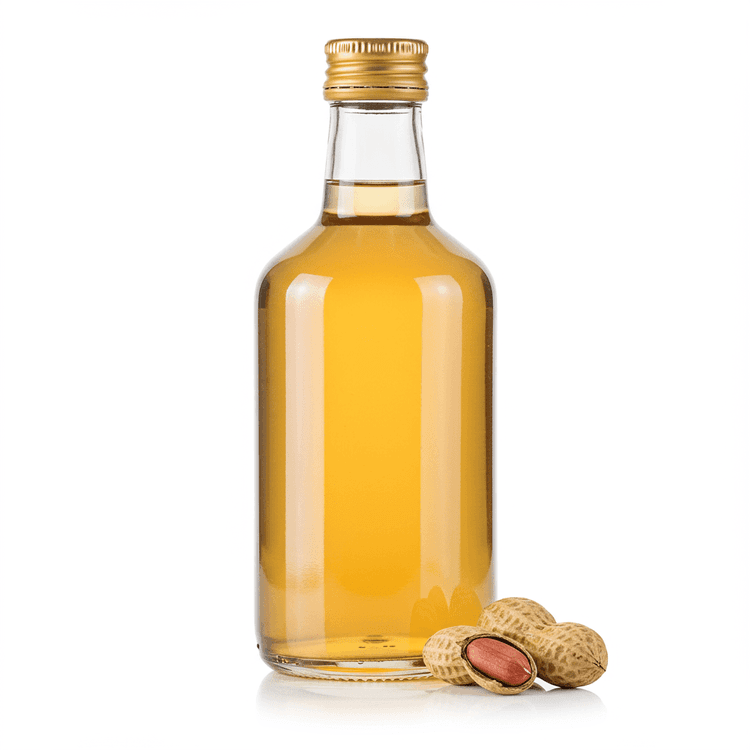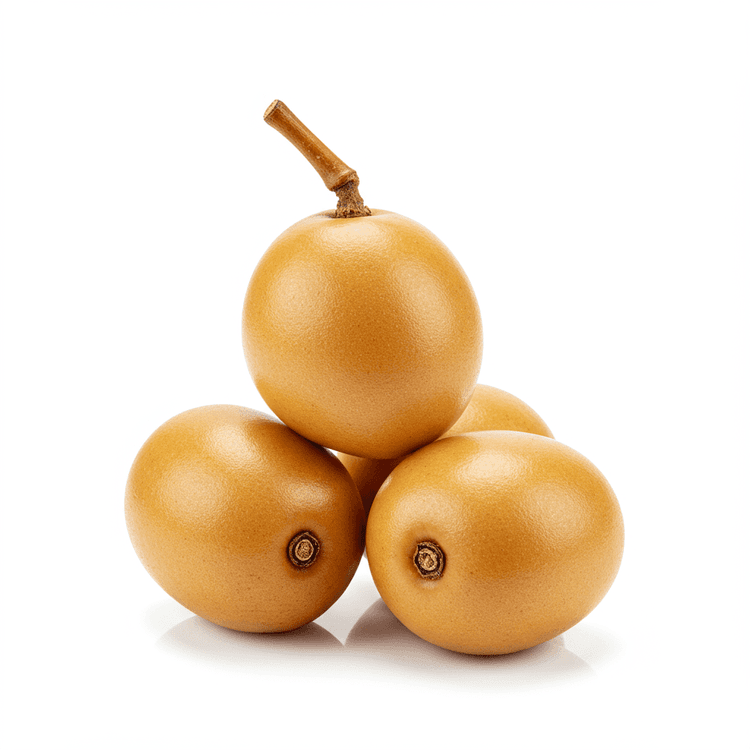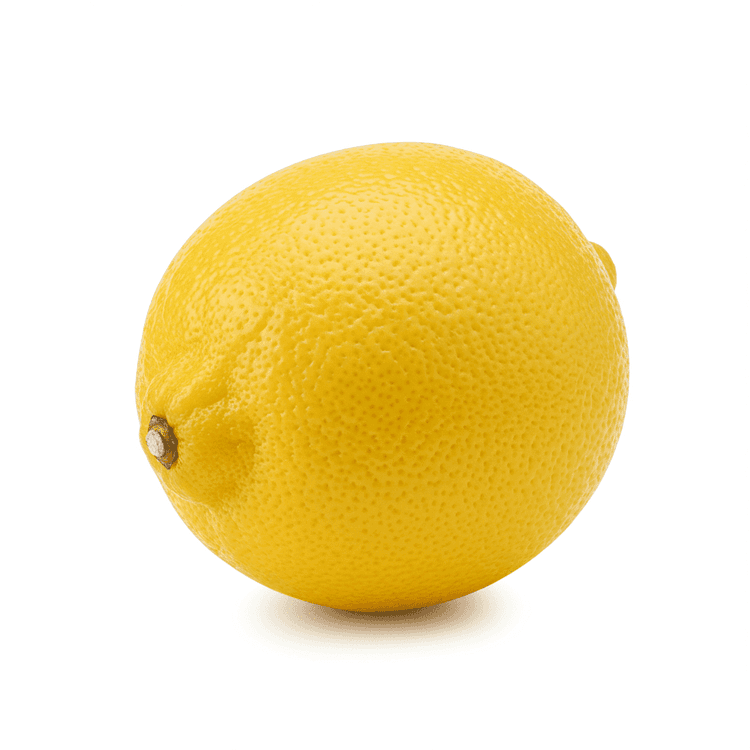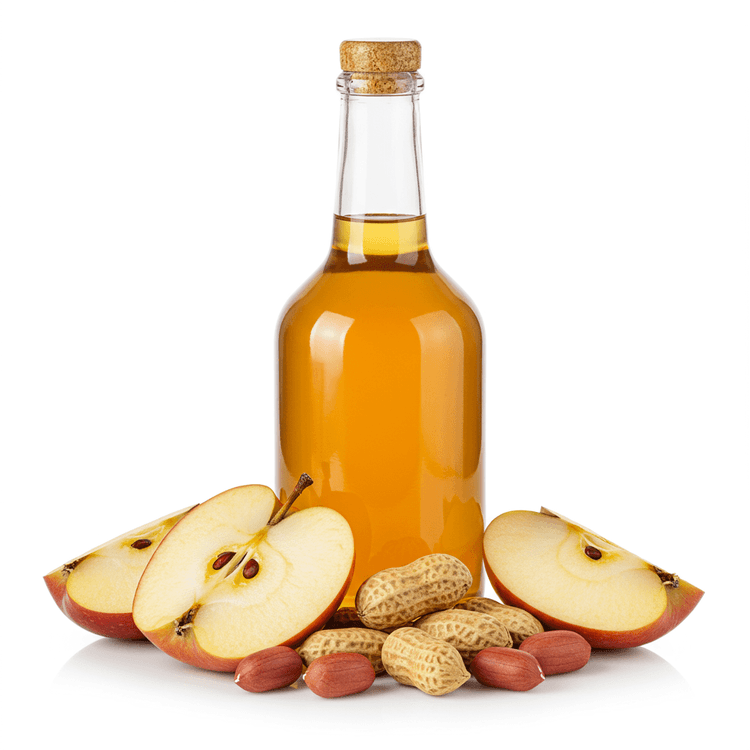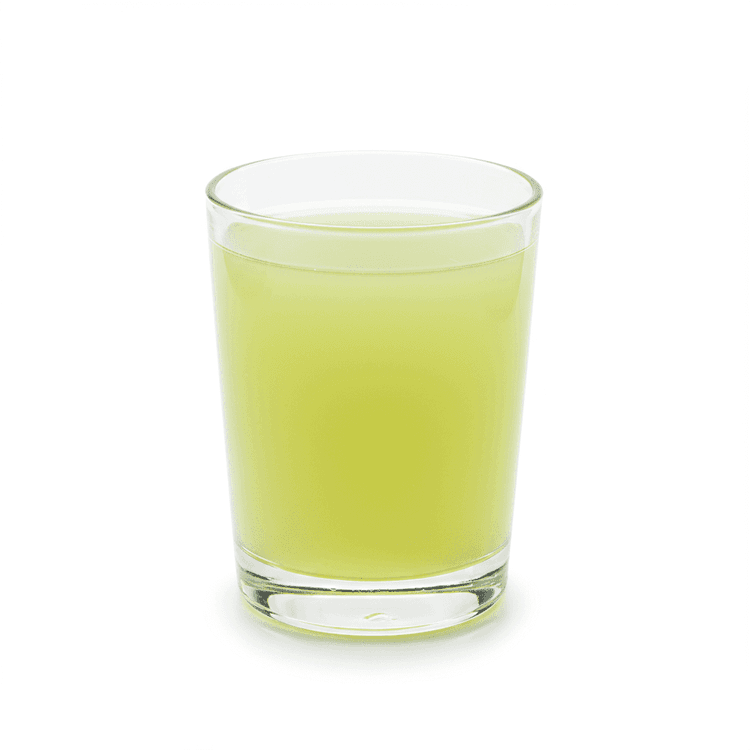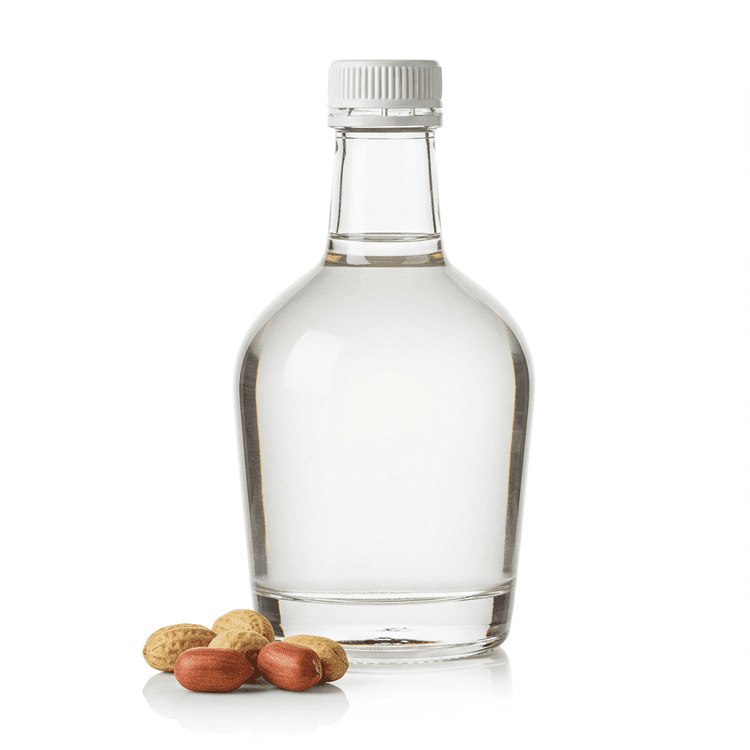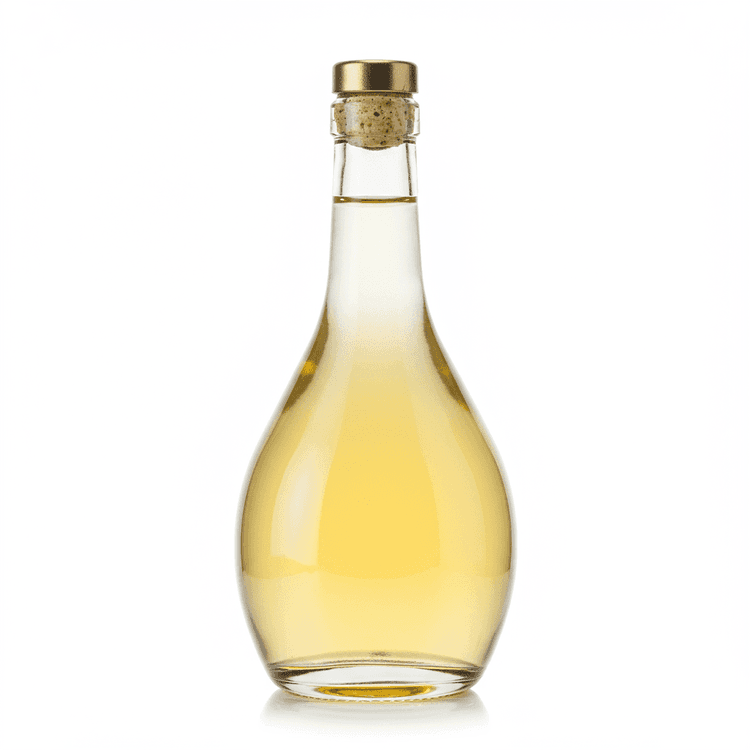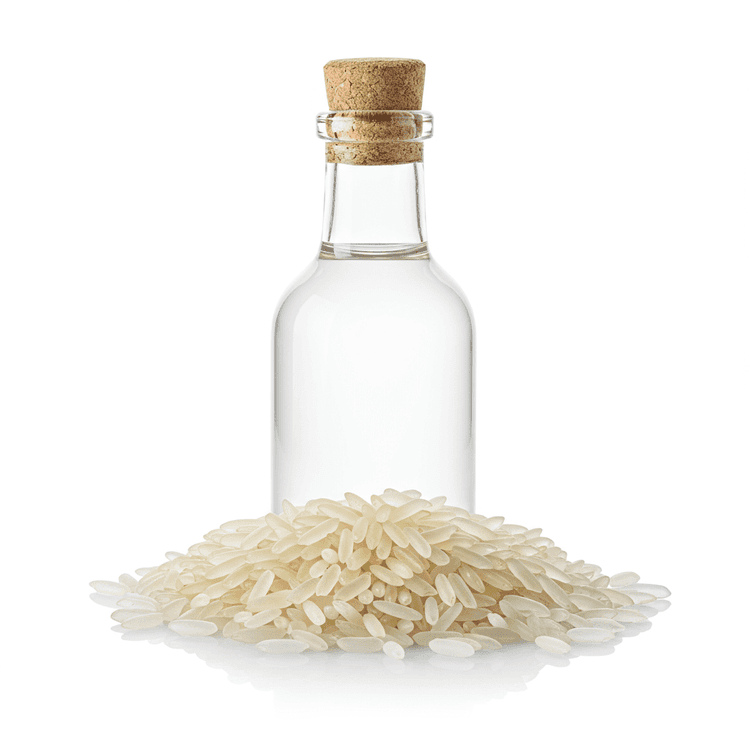
Rice Vinegar
Rice vinegar is a mild and slightly sweet vinegar made from fermented rice. It has a delicate, clean flavor profile, less acidic than other vinegars, making it ideal for Asian-inspired cuisines. Its clear, pale golden hue adds visual appeal to dishes. This versatile ingredient is a staple in sushi rice preparation and numerous other culinary applications, offering a nuanced tang that enhances flavors without overpowering them. Many people use rice vinegar for making sushi at home.
Common Uses
- Used in sushi rice to provide the characteristic tangy flavor, creating perfectly balanced and delicious sushi rice every time.
- Added to salad dressings to give a light, sweet, and tangy flavor profile, offering a refreshing alternative to harsher vinegars.
- Incorporated into marinades for meat and vegetables, helping to tenderize and impart a subtle sweetness that enhances the overall taste.
- Used in stir-fries and sauces for a delicate acidity that balances the other ingredients, creating a harmonious blend of flavors.
- Used to pickle vegetables offering a milder flavor compared to other types of vinegar, resulting in subtly tangy and crisp pickles.
Nutrition (per serving)
Nutrition (per serving)
Calories
0.0kcal
Protein
0.0g
Carbs
0.0g
Sugars
0.0g
Healthy Fat
0.0g
Unhealthy Fat
0.0g
% Daily Value based on a 2000 calorie diet
Nutrition (per serving)
Calories
0.0kcal
Protein
0.0g
Carbs
0.0g
Sugars
0.0g
Healthy Fat
0.0g
Unhealthy Fat
0.0g
% Daily Value based on a 2000 calorie diet
Health Benefits
- May help improve digestion due to the presence of acetic acid, promoting gut health.
- Can assist in blood sugar control by improving insulin sensitivity after meals.
- Contains antioxidants that combat free radicals and support overall cellular health.
- Might aid in weight management by increasing satiety and reducing overall calorie intake.
- May contribute to lowering blood pressure and improving heart health when used as part of a balanced diet.
- Offers trace amounts of minerals like potassium, which supports electrolyte balance.
Substitutes
Chefadora AI is here.
Experience smarter, stress-free cooking.
Storage Tips
Rice vinegar should be stored in a cool, dark place away from direct sunlight and heat. An unopened bottle can be kept in the pantry at room temperature for an extended period. Once opened, it's best to store it in the refrigerator to maintain its quality and prevent any potential changes in flavor. Ensure the bottle is tightly sealed after each use.
Marnirni-apinthi Building, Lot Fourteen,
North Terrace, Adelaide, South Australia, 5000
Australia
